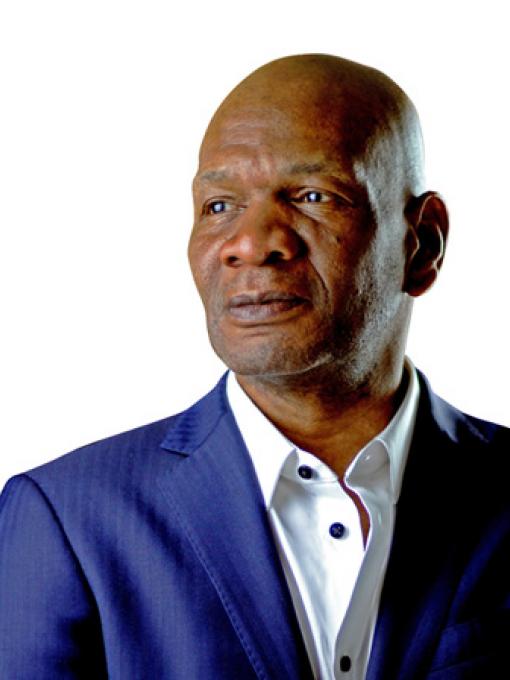As a member of the Australian delegation to the World Bank/IMF annual meetings in 2016, I attended a meeting of small island developing states. I sat next to a delegate from a Pacific Island country and listened to a World Bank official outline their strategy for the region.
For many people living in the Global South, climate change isn’t an event that will unfold in the distant future; it is already here and is accelerating.
When it was time for responses, my neighbor turned on his microphone. “What we’ve heard sounds fine, except that I have heard nothing about what the bank is going to do about the fact that my country, and many others in our region, face a crisis that may lead to our disappearance in the not-too-distant future,” he said.
I tried not to look completely floored and thought, “What on Earth is happening? How have I not heard about this?” That was when I decided to point my career toward climate change advocacy.
For many people living in the Global South, climate change isn’t an event that will unfold in the distant future; it is already here and is accelerating. Countries there are experiencing sea level rise, extreme heat, intense droughts, and stronger storms.
We see them on the news almost daily: enormous floods in Pakistan left one-third of the country underwater; persistent droughts in East Africa worsened food insecurity, and record-breaking heatwaves roil Iran.
These climate impacts can destabilize societies, fuel existing conflicts, and drive migration. They have the potential to jeopardize the economic growth needed to build prosperous and stable societies. At worst, as my neighbor at the World Bank meeting noted, climate change threatens their existence.
The Global North’s Historic Responsibility
Industrialization and the economic growth path chosen by today’s developed countries or the Global North—the United States, the United Kingdom, and the countries that make up the European Union—played a key role in shaping today’s climate landscape.
Decades of greenhouse gas emissions from these countries contributed to the global warming impacts felt by everyone, but most intensely by developing countries.
As United Nations Secretary-General Antonio Guterres said, “The countries that are most effected by climate disruption did the least to contribute to global heating.”
The question is this: What do developed countries—or the Global North—owe to developing countries in Asia, Africa, and Latin America, as the Global South faces the impact of climate change? This question crystallizes around the increasingly pressing issue of “loss and damage.”
Loss and Damage
While there isn’t one definition of loss and damage, it generally refers to the consequences of climate change beyond what people can adapt to or when options exist that a community cannot afford or access. It can include the loss of your country, loss of traditions, loss of cultural heritage, or loss of livelihoods.
Developed countries (including the United States) are extremely wary of the loss and damage issue. They see it as a potential admission of guilt that opens the door to enormous amounts of litigation and potential legal liabilities. In addition, there is a wide range of unanswered questions over how to define loss and damage, who would be compensated more clearly and how any loss and damage mechanism might work.
Many would also say that colonialism didn’t end; it merely shape-shifted into the form of international oil, gas, and mining operations with the same extractive mindset.
From some perspectives, and particularly from the vantage point of developing countries, loss and damage are tied to the legacy of colonialism. For many observers, it is difficult to separate the wealth that Western countries extracted—in the form of both people and natural resources—from colonies in sub-Saharan Africa, Latin America, and Asia.
Many would also say that colonialism didn’t end; it merely shape-shifted into the form of international oil, gas, and mining operations with the same extractive mindset. Unsurprisingly, loss and damage are emerging as significant points of discussion between the developed and developing world at the 27th UN Climate Change Conference, Nov. 6-18, in Egypt.
For me, loss and damage also present an interesting moral question. What does the developed world owe the developing world as it confronts climate change? How do we acknowledge the legacy of the past while moving into a more sustainable future?
It is a challenging issue that, like environmental justice, asks us to consider our moral responsibility to our fellow humans.
The U.S. government has a significant role in addressing loss and damage. I believe that FCNL and the Quaker community’s voice can significantly contribute to how the U.S. engages on the issue in the coming year.
